Last year, ebook sales in the United Kingdom more than doubled, as did their share of the entire books market – to almost 15%. Despite an understandable reluctance on the part of many readers to join this revolution (and in time it might well prove to be that) ebooks are here to stay – so why not embrace them and discover the advantages?
As a journalist and author myself, I have done just that. After writing more than 20 books, with major publishers behind them, I have found it increasingly difficult to get new ideas accepted. It is also frustrating as a writer to have a non-fiction book that is up-to-the-minute when "completed", only for it to come out maybe nine months later and seem slightly dated.
So I have ventured into the self-publishing ebook market with Breaking the Silence: The Films of John Pilger. My original book about the journalist's documentaries was published by Bloomsbury in 2001, but that was 12 years ago and Pilger is still going strong, with an even greater body of work. Suggestions that the book might be updated have been declined – the general feeling of publishers seems to be that it has "been done".
In setting about doing the job myself, I soon discovered some major advantages. Once written, an ebook can be published at the click of a computer's mouse. When I started, Pilger was making his latest documentary, Utopia (in cinemas now and on television and DVD next month), and I have been able to give the book added impact by tying in with its release. How many of the big publishers can do that?
As well as once again giving me his co-operation and access to the archives, Pilger has generously mentioned my book on his website and alongside published articles. Publicity is, of course, critical. You can write the most brilliant book in the world but, if no one knows about it, you won't get any sales. Being topical certainly helps. It gives you the chance to link to something that is already getting publicity.
Another big plus with ebooks is that photographs can be spread throughout, in their relevant chapters, rather than grouped together in one or two photo-plate sections. This also helps to break up pages of grey text. As for that text, it can be amended at any time and a revised update can be published at another click of the mouse.
Authors might also consider that there is more money to be made by going down the ebook route, although that is dependent on several factors – and not necessarily the most honourable reason for switching to self-publishing.
Although Breaking the Silence: The Films of John Pilger is available in different formats on my website, it is also on sale in Amazon's Kindle Store, which deducts a percentage from sales – but leaves authors with a higher rate than they would get from publishers. Amazon has 79% of the ebook market, so it is worth giving away that percentage.
Price is an important factor. A recent survey by Kantar Media for Ofcom revealed that consumers were less willing to pay for an ebook as the price went up. Eighty-one per cent indicated they would be prepared to pay £2 for an ebook, falling to 9% for a £10 price-tag. Some traditional publishers have issued titles from their back catalogues as ebooks and priced them at the higher end of the market. I've priced mine at £3.99 on the basis that it would be wise not to be too greedy and I might benefit from more sales at a lower price.
The price of ebooks compared with that of traditional ones also gives some hope that more people will buy their print books again, in digital form – they can be downloaded instantly and modern technology might not actually be working against old values. Let's see whether that revolution happens…
● Breaking the Silence: The Films of John Pilger by Anthony Hayward, is published by Profiles International Media. Utopia opens at the Curzon Soho on 15 November and is in Picturehouse cinemas across the United Kingdom on 18 November, followed by a live satellite Q&A with John Pilger. It is released by Network on DVD on 2 December and screened on ITV on 19 December.
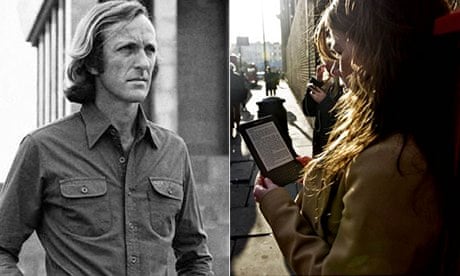

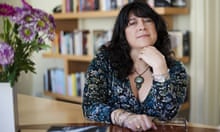
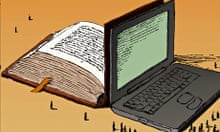
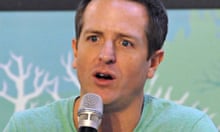



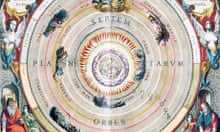


Comments (…)
Sign in or create your Guardian account to join the discussion